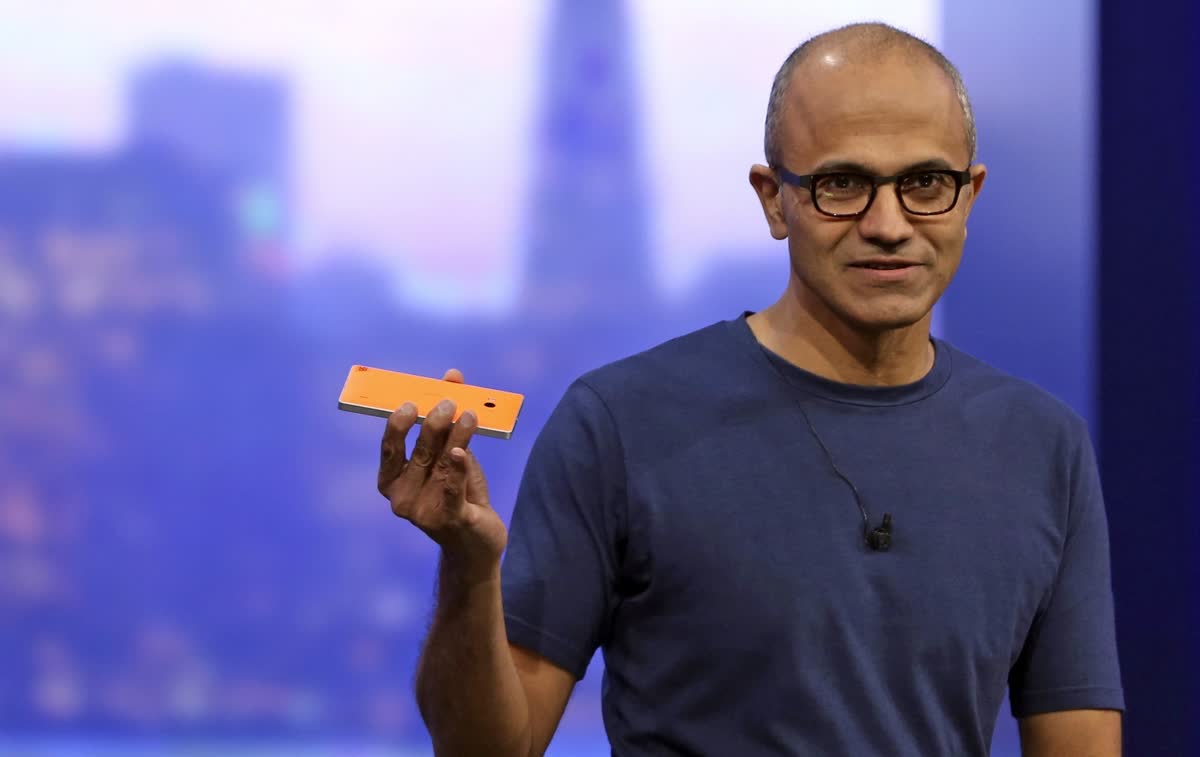In a nutshell: Microsoft CEO Satya Nadella has revealed that giving up on mobile was one of the toughest decisions he had to make when taking over the reins at Redmond. In a recent interview with Business Insider, Nadella was asked about strategic mistakes or decisions that he otherwise regretted in retrospect. The chief executive cited pulling out of what he called the mobile phone industry, no doubt referring to the $7.5 billion write down of Nokia in 2015 shortly after being named the head honcho.

Nadella said that in retrospect, he believes Microsoft could have made things work by perhaps reinventing the relationship between PCs, tablets, and phones.
Nadella isn't the only Microsoft bigwig to fumble the mobile opportunity. Back in 2019, Microsoft co-founder Bill Gates said his greatest mistake was losing in mobile to Android. If they had gotten that one thing right, Gates believes Microsoft would be the leading company instead of a leading company.
Google paid a mere $50 million for Android in 2005, an absolute steal in hindsight. According to StatCounter, Android commands nearly 70 percent of the global mobile operating system share worldwide.
Fellow former CEO Steve Ballmer also dropped the ball with regard to mobile. Shortly after the iPhone arrived in 2007, Ballmer famously laughed at the idea of a $500 phone that wouldn't appeal to business customers because it didn't have a keyboard. While admitting that it "may sell very well or not," Ballmer said he liked Microsoft's strategy a lot. We all know how that turned out.
Microsoft has continued to flirt with smartphones despite giving up on Windows Phone years ago. The company has most recently focused on its Surface Duo line of dual-screen smartphones, but neither of the two devices released thus far have gained much traction. Rumors suggest the Surface Duo 3 could be a true foldable with a flexible display, but it has been nearly a year since we've heard anything new on that front and bendable phones haven't exactly been flying off the shelves.